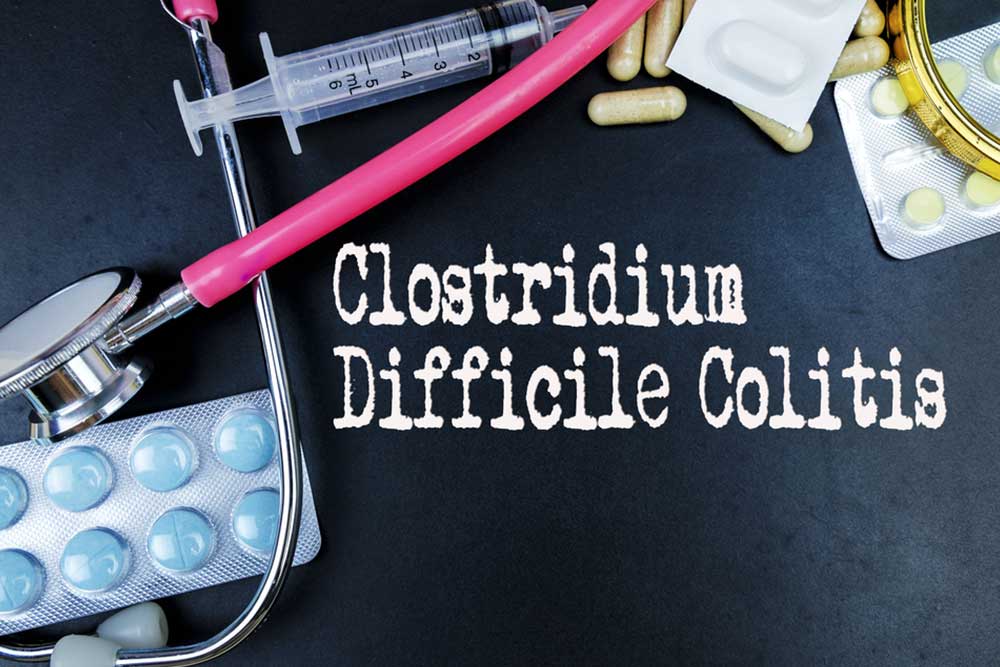Understanding the Causes of Common Gastrointestinal Issues
This article explores common gastrointestinal issues, including heartburn, diarrhea, constipation, and colitis, explaining their causes and how the digestive system functions. Understanding these conditions aids in better management and prevention of stomach disorders.
Sponsored

Many individuals experience gastrointestinal problems, with indigestion being the most prevalent. You might eat something incompatible with your stomach, leading to discomfort a few hours later. But what exactly happens to food from your mouth until it reaches your stomach, and why does it sometimes go wrong?
Digestion is a vital yet straightforward process where your body breaks down food into essential nutrients. This process can sometimes take days if the food is hard to digest, and issues can arise when the system malfunctions. Various factors can trigger different stomach problems.
Heartburn: During digestion, the stomach produces acid. The esophagus connects to the stomach via the lower esophageal sphincter (LES), which should close after food passes. If it fails to close properly, acid can flow back into the esophagus, causing burning sensations known as heartburn.
Diarrhea: Digestion involves adding fluids to food, which are usually reabsorbed later. Rapid digestion or the presence of bacteria, viruses, or lactose intolerance can prevent proper water absorption, leading to loose, watery stools.
Constipation: Normally, waste passes through the colon, where too much water might be reabsorbed, especially if colon muscles aren't contracting correctly. This sluggish movement causes hardened stool and difficulty in bowel movements.
Colitis: This condition is often due to infection or food poisoning, resulting in inflammation of the colon. The immune system may react to bacterial or viral invasions, damaging the colon's lining and causing sores.






